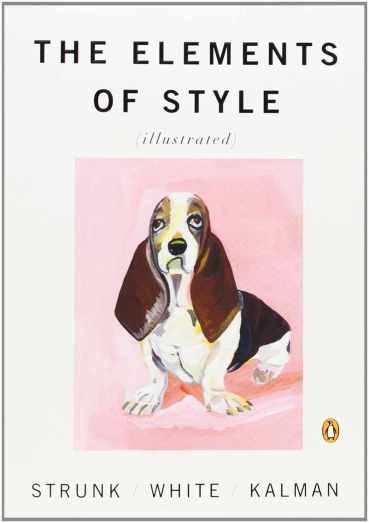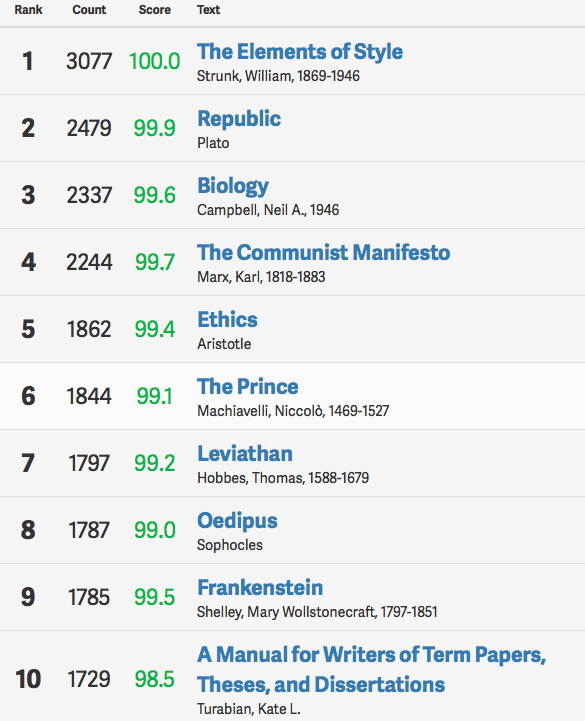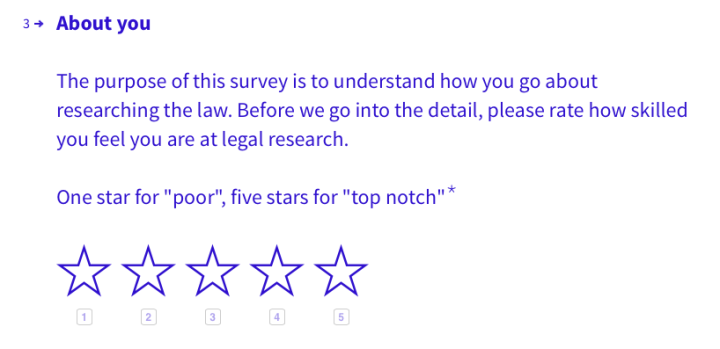Jack of Kent has just posted an excellent blog post in defence of Inner Temple Library against an incredibly misconceived plan to carve up a significant portion of the Library (58% at current estimates) to free up space for meeting rooms and a lecture theatre.
Jack of Kent’s defence of the Library is characteristically comprehensive and no-nonsense. There is very little for me to add.
Back in February, I made my own submission to the Inner Temple Strategic Review Group. My submission set out what I believe to be the main dangers of making incursions into the existing library space. My submission can be found among those of far more distinction (e.g. Stephen Sedley and Lord Sumption) in this paper. Do have a flick through them.
My humble submission is reproduced below.
********
Dear Strategic Review Group,
I was called to the Bar by the Inn in 2009. Since then, I have worked at the Incorporated Council of Law Reporting for England and Wales (ICLR) as an editor, law reporter and Research & Development manager. My current role at the ICLR is focused on product development and I was one of the designers of the ICLR Online research platform.
This submission to the Strategic Review Group (SRG) focuses specifically on the following term of reference:
“5. To assess the needs of a modern 21st century law library for the modern Bar, both Bar students and practitioners…”
The vast bulk of my time at ICLR has been concerned with understanding and addressing the radical changes to legal research methods ushered in by the rise of online access to legal information. The general pattern, across the board, demonstrates a marked increase in the uptake of online subscriber platforms (pre-eminently, WestlawUK and Lexis Library) and a corresponding increase in the rate of attrition in subscriptions to printed materials.
The Inn, within the context of its strategic deliberations, will understandably wish to consider the advantages and disadvantages associated with recalibrating the balance of printed and online materials available through the Library. The need for the SRG to carefully consider and address that balance is made all the more critical if the possibility of the creation of a new Education & Training centre (which, may or may not include the creation of an international arbitration centre), is likely to come at a cost to the Library’s existing capacity and acreage.
The central point of this submission is to urge the SRG to adopt a cautious approach to making any significant changes to the Library’s existing resources and facilities. In particular, this submission aims to set out the risks attendant to the pursuit of a strategy that would involve a lurch in favour of online access over the maintenance of a comprehensive archive of printed materials. Most of what follows in this submission rests on the assumption that in order to give effect to various strategic aspirations, the SRG may consider (a) significantly increasing the number of computer terminals in the Library; (b) significantly reducing print subscriptions and print storage; and (c) using sections of the existing library floorplan for non-library purposes.
The curatorial function of the Library
At the outset, I submit that any assessment of the needs of a modern 21st century Inn of Court library should be viewed through the prism of the Library having an important curatorial function. The purpose of the Library is not narrowly confined to the provision of access to legal materials as and when they are required. The Library also performs a broader function to secure and maintain a rich, varied and comprehensive archive of important legal and other relevant materials for posterity.
Risks potentially flowing from reduction in print collections and increased reliance on online subscriptions
Past editions of textbooks
It is very rare for online subscriptions to include access to past editions of textbooks. Generally, services such as WestlawUK and Lexis Library will confine access to the current edition. This is probably due to the following reasons:
- The conversion of past editions is an expensive and time-consuming process and publishers have little appetite for digitising past volumes of long and complex bodies of text.
- In some instances (e.g. Archbold), the quantity of past editions is too great to even consider digitising them for online access.
- The publisher assumes that if reference to a past edition of a textbook is required, the Library-user will be able to access the printed volume.
Given the unavailability of past editions on online platforms, it will be necessary for the Library to be in a position to provide continued access to its existing print collection.
Access to materials online is rarely perpetual
Access to content made available via online services depends upon the Inn having an active subscription. The moment a subscription ends, the archive of materials that were hitherto available via that subscription ceases to be accessible. This situation stands in stark contrast with the position where printed works are concerned, because printed materials remain the property of the Inn even after the subscription expires.
Titles can move between various online databases and can be removed altogether
A substantial amount of the content available through subscriptions to WestlawUK and Lexis Library is not proprietary to the vendor of the online database. For example, the series of law reports published by ICLR (e.g. The Law Reports and The Weekly Law Reports, etc.) are available on WestlawUK and Lexis Library pursuant to a licensing agreement, meaning ICLR could withdraw the content from both of these vendors if it chose to do so when the agreement comes up for renewal. Moreover, it is within the rights of publishers to end licence agreements with one vendor only to enter into a new licensing agreement with a different vendor.
Here are a few real examples of how turbulent content licensing can be:
- The Lloyd’s Law Reports (Lloyd’s Rep) and its sister titles were previously available as part of a subscription to WestlawUK. However, Informa (the publisher of the Lloyd’s Rep) revoked the licence. Since then, it has been necessary to subscribe to an incredibly expensive service called ilaw in order to access the Lloyd’s Rep online.
- The Law Reports and The Weekly Law Reports were available on the Justis platform until these 2011 when ICLR decided not to renew the licence. These titles continue to be made available via WestlawUK and Lexis Library.
- The Family Law Reports (FLR) were previously available on third party online platforms, until Jordan Publishing decided to make the FLR exclusively available via its own platform.
What this demonstrates is that direct subscriptions to the printed versions of various reports are far more insulated from commercial manoeuvring than their online counterparts.
Online services are susceptible to technical problems beyond the control of the Library staff
Any increase in reliance on online subscriber services (along with a corresponding diminution of print services) will make the Library more dependent on third party providers ensuring continuity of online access. Clearly, it is not possible for a printed work to suddenly become unavailable by reason of a power outage or some other technical fault. A balanced collection of maintained print services is the only way the Library could ensure access to materials at a time of online outage.
A related issue concerns the ability of Library staff to assist users with information queries. At present, Library staff are able to assist users by referring them to the resources that best suit their requirements across the available online platforms and print alike. Where the print is concerned, the Library staff are able to adopt indexing methods, cataloguing and layouts of their own choosing. The same level of information control does not apply to materials provided online. In the case of online materials, the organisation of materials and the methodologies used to search and retrieve them is at the exclusive control of the online publisher. Moreover, whereas a member of the Library staff is generally able to deal with user queries themselves at present, an increased reliance on online services will decrease the staff’s ability to address user questions. Instead, the user or staff member will have to contact the online publisher, likely via customer service call centres.
Access to the Commonwealth legal collection
Some special collections, such as the collection of Commonwealth materials, simply cannot be maintained using online subscriber services. The reasons for this are as follows:
- A significant number of Commonwealth nations have not made to transition to online publishing – the material only exists in printed form
- Even for Commonwealth nations that do publish their reports online, it would be necessary to subscribe to a vast number of separate and expensive online services
The Library’s importance as a place to work and think
The bulk of the foregoing submissions have concentrated on the issues of access, economy and information usability. However, it is also important to consider how various strategic contingencies might affect the Library as a physical space in which to work, study and think. There are many individuals, whether in study or practice, who value the Library as a quiet and well-equipped environment to focus and conduct research. The present Library layout, with its rooms full of printed volumes, is highly conducive to quiet and effective study and one wonders whether a reduced space with a greater number of computer terminals would spoil an otherwise impeccable environment.
Students do use printed materials and should be encouraged to continue to do so
A final observation concerns the student community. It is well known that students on the BPTC are routinely provided access to various online research platforms by the course providers and that these platforms are used by students more frequently than printed materials. However, there is a strong risk of reaching the false conclusion that students do not use printed materials at all.
I frequently visit the Library and regularly see students working in the Library rooms (presumably on BPTC exercises and pro bono case preparation). Many of these students can be seen to be consulting printed materials rather than using the computer terminals. Indeed, during my own BVC studies, I frequently made use of printed practitioners works at the Library (e.g. Chitty, Archbold, etc), which are also available online.
Conclusion
The purpose of this submission has been to demonstrate that despite the surge of online legal research platforms, access to printed materials remains essential for many. As the SRG begins work to imagine what the 21st century law library might look like, I hope that a rich, varied and comprehensive collection of print features in the vision alongside online.
Yours sincerely,
Daniel Hoadley
The Incorporated Council of Law Reporting for England & Wales





